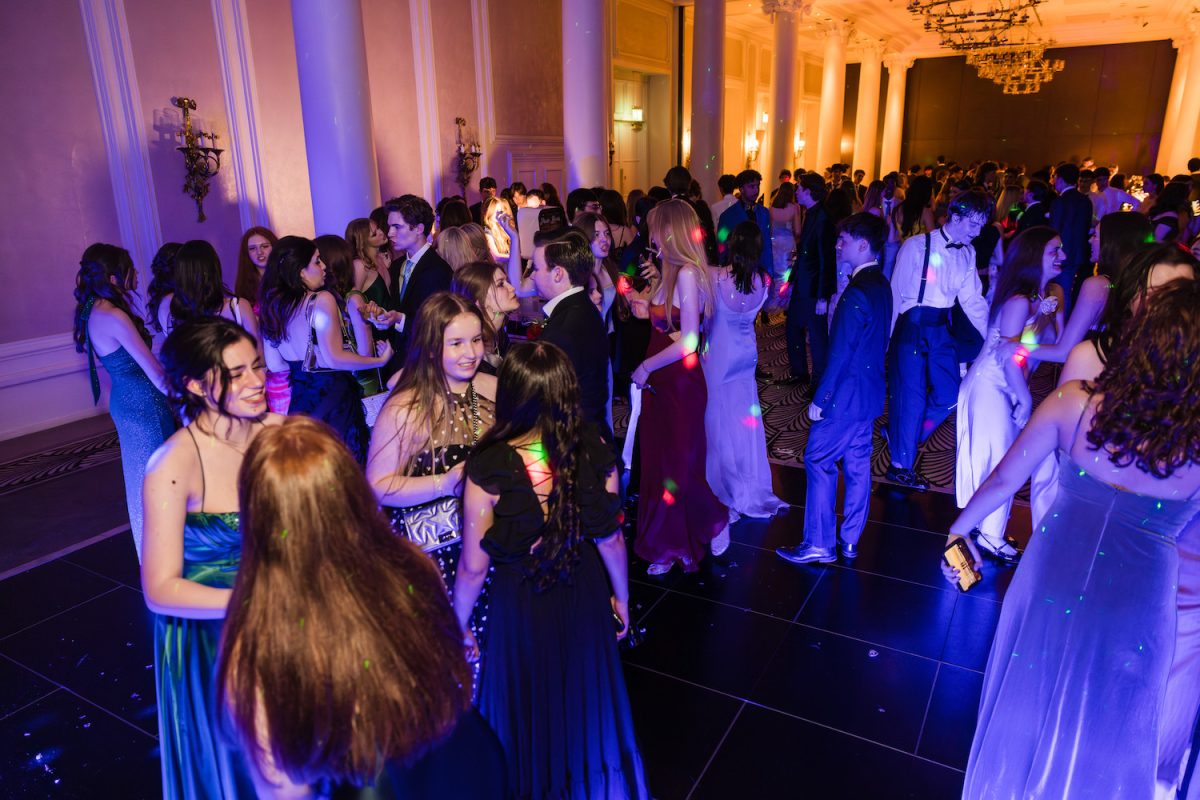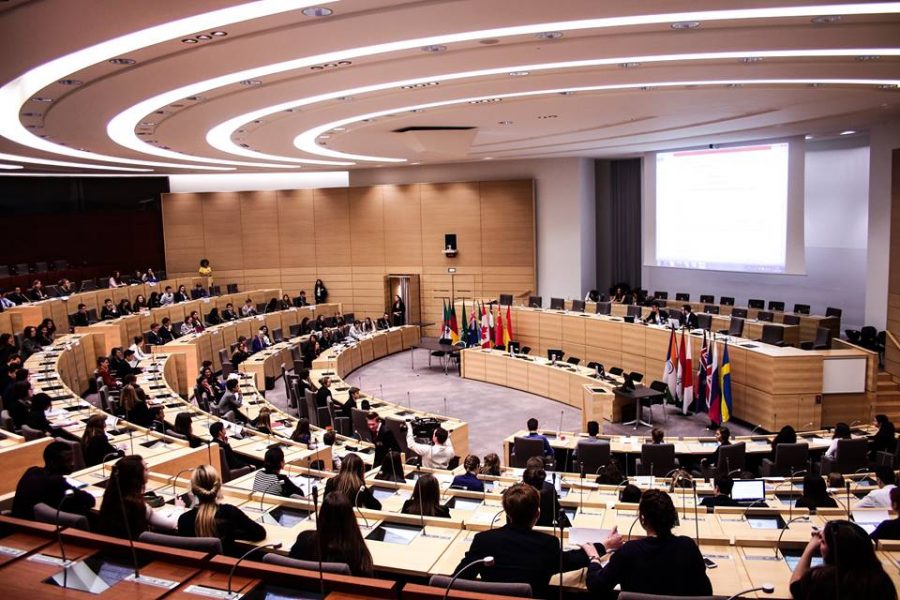Seventeen members of the Model United Nations (MUN) team are attending the Yale Model Government Europe Conference Nov. 28-30 in Lisbon, Portugal.
All conferences provide an opportunity for students to learn and improve their skills, but this particular conference is unique in its style.
The upcoming MUN conference is unique in two ways, one of them being that it follows a European Union format.
Secondly, the committees also follow a crisis committee format, introducing a simulated crisis during the conference that delegates have to work through.
The majority of MUN conferences follow the general United Nations format, but this one follows the format of the European Union. This is especially relevant now, with issues surrounding Brexit and the relationship between the U.K. and the EU.
MUN Faculty Advisor Lanting Xu said that the conference allows students to understand how the EU works, how decisions are made and problems that can occur.
The MUN team is one of many attending YMGE from all over the world, including North America and Europe. In particular, many Portuguese schools are encouraged to participate. Xu said the conference organizers have ensured that it is financially more accessible for local schools to join the conference.
Marco Parisse (‘23), who is attending the conference, said the way to prepare for a conference is to research his country and its relationship to the EU.
“[The preparation I am doing] allows me to understand what is happening during the conference and find counterpoints to my opposition’s arguments,” he said.
MUN conferences are an important way to give students a window into the real world and current global issues.
Preparation can be very useful, but the crisis committee format forces delegates to think on their feet. Daya Benami (‘20), one of three MUN chairs, said the crisis committee format is extremely beneficial to participants.
“I think it is a valuable learning experience both because … unexpected things happen all the time, and because it teaches students how to react quickly and follow their assigned country’s policy very truthfully,” she said.
In general, Xu said that she believes conferences in MUN are crucial to helping students put their skills into action and develop their communication and diplomacy.
Similarly, Benami said students participating can improve their communication skills by debating in a difficult setting.
“The most important thing, in my opinion, is that members get to learn more about current global issues through engaging with different kinds of people and stepping out of their comfort zone,” she said.
Xu values conferences in non-English speaking countries in particular, as they help to strengthen diplomacy skills in delegates.
“[The students need to think] how can we conduct the cross-cultural communication in a respectful and mindful way so that negotiation and compromise are possible with that mindset,” she said.
International conferences improve diplomacy and communication skills as well as give students new experiences. Benami said that she thinks many people are excited about this conference.
“It is at such a high level and will definitely produce some great debates,” she said.





